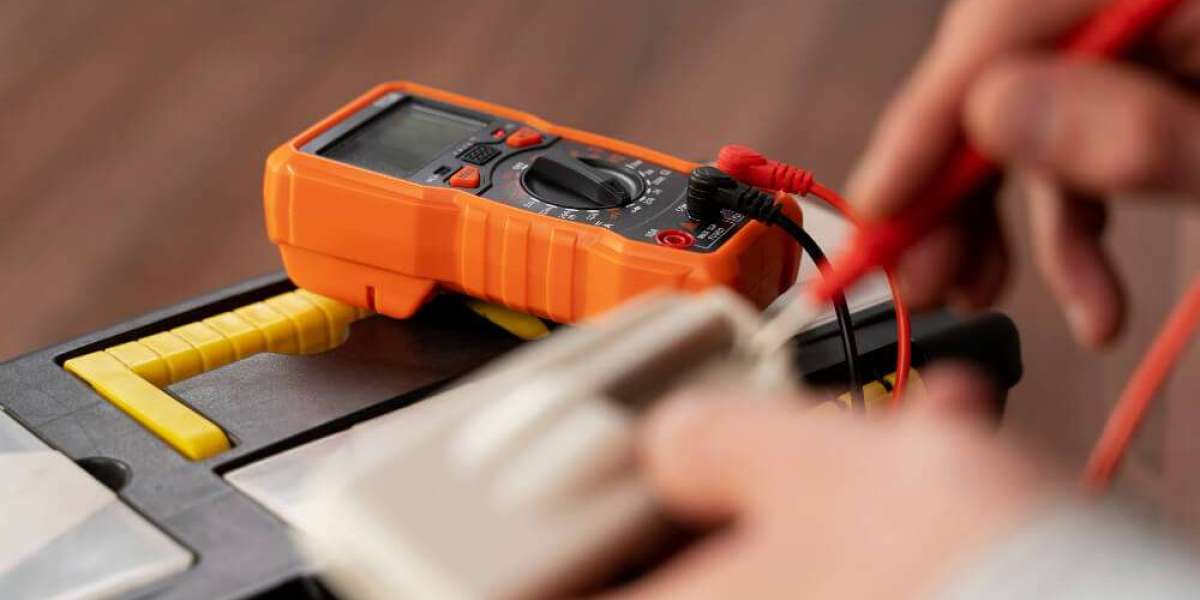In the realm of electrical engineering and instrumentation, precision is paramount. The accuracy of electrical equipment can make the difference between success and failure in critical applications across various industries. Calibration plays a crucial role in ensuring that instruments provide accurate measurements consistently. Among the tools employed for this purpose, the Fluke 5520A stands out as a pinnacle of precision and reliability.
The Fluke 5520A, an advancement of the esteemed 5500A, is renowned for its exceptional capabilities in electrical calibration. Equipped with cutting-edge features and supported by a range of accessories, it offers an extensive workload coverage that meets the demands of high-performance calibration needs.
One of the standout features of the Fluke 5520A is its enhanced accuracy. This accuracy is not just a mere improvement; it's a significant leap forward, enabling precise calibration of a wide array of instruments. Whether it's oscilloscopes, current clamp meters, or multimeters, the Fluke 5520A ensures that these instruments deliver accurate readings, instilling confidence in the results obtained.
To further augment its capabilities, the Fluke 5520A comes with multiple accessories tailored to specific calibration requirements. Take, for instance, the 1.1GHz Oscilloscope calibrator. With the ability to calibrate high-frequency oscilloscopes, it ensures that signals are accurately represented, crucial for applications such as telecommunications and signal processing.
Additionally, the 50 turn current coil clamp meter calibrator expands the Fluke 5520A's utility to cover a wide range of current measurements. Calibration of clamp meters is vital in industries like power distribution and energy management, where precise current readings are essential for maintaining operational efficiency and safety.
Moreover, the integration of accessories like the HP 34401B 6 ½ digit multimeter further extends the Fluke 5520A's versatility. This multimeter, known for its precision and reliability, enhances the calibration capabilities of the Fluke 5520A across various parameters, including voltage, resistance, and frequency.
The Fluke 5520A doesn't just offer improved accuracy and expanded workload capabilities; it also simplifies the calibration process. Its user-friendly interface and intuitive controls make calibration procedures more efficient and less time-consuming. Engineers and technicians can navigate through calibration tasks with ease, minimizing downtime and optimizing productivity.
In industries where precision is non-negotiable, such as aerospace, automotive, and healthcare, the Fluke 5520A emerges as an indispensable tool. Its ability to ensure the accuracy of critical instruments contributes to the reliability and safety of processes and products. Whether it's calibrating medical devices for accurate diagnostics or testing automotive electronics for optimal performance, the Fluke 5520A plays a pivotal role in maintaining quality standards.
In conclusion, electrical calibration with the Fluke 5520A represents a significant advancement in precision instrumentation. With its enhanced accuracy, extensive workload coverage, and user-friendly interface, it sets a new standard for calibration excellence. By investing in the Fluke 5520A, industries can uphold the highest standards of accuracy, reliability, and safety in their operations.








